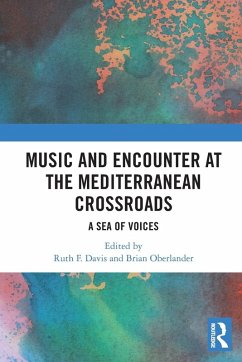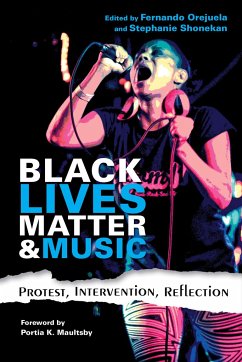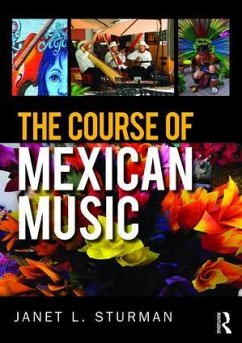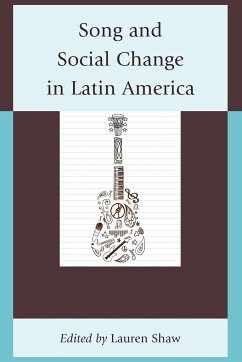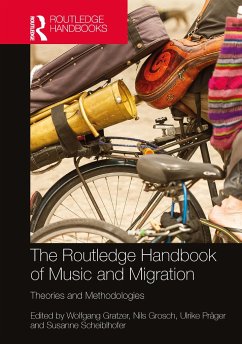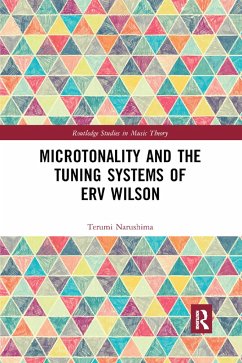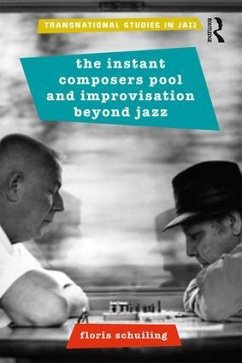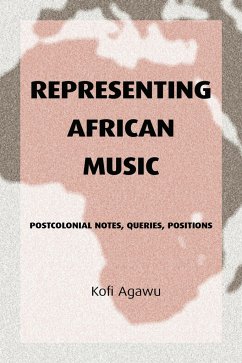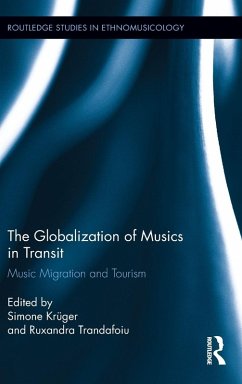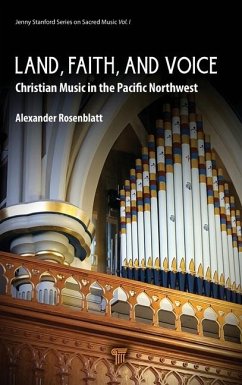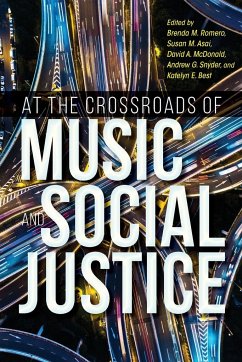
At the Crossroads of Music and Social Justice
Versandkostenfrei!
Versandfertig in 1-2 Wochen
40,99 €
inkl. MwSt.
Weitere Ausgaben:

PAYBACK Punkte
20 °P sammeln!
Music is powerful and transformational, but can it spur actual social change? A strong collection of essays, At the Crossroads of Music and Social Justice studies the meaning of music within a community to investigate the intersections of sound and race, ethnicity, religion, gender, sexual orientation, and differing abilities. Ethnographic work from a range of theoretical frameworks uncovers and analyzes the successes and limitations of music's efficacies in resolving conflicts, easing tensions, reconciling groups, promoting unity, and healing communities. This volume is rooted in the Crossroa...
Music is powerful and transformational, but can it spur actual social change? A strong collection of essays, At the Crossroads of Music and Social Justice studies the meaning of music within a community to investigate the intersections of sound and race, ethnicity, religion, gender, sexual orientation, and differing abilities. Ethnographic work from a range of theoretical frameworks uncovers and analyzes the successes and limitations of music's efficacies in resolving conflicts, easing tensions, reconciling groups, promoting unity, and healing communities. This volume is rooted in the Crossroads Section for Difference and Representation of the Society for Ethnomusicology, whose mandate is to address issues of diversity, difference, and underrepresentation in the society and its members' professional spheres. Activist scholars who contribute to this volume illuminate possible pathways and directions to support musical diversity and representation. At the Crossroads of Music and Social Justice is an excellent resource for readers interested in real-world examples of how folklore, ethnomusicology, and activism can, together, create a more just and inclusive world.




